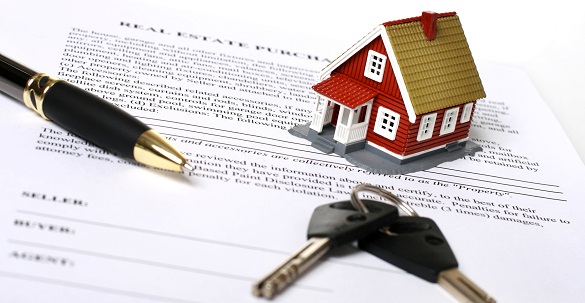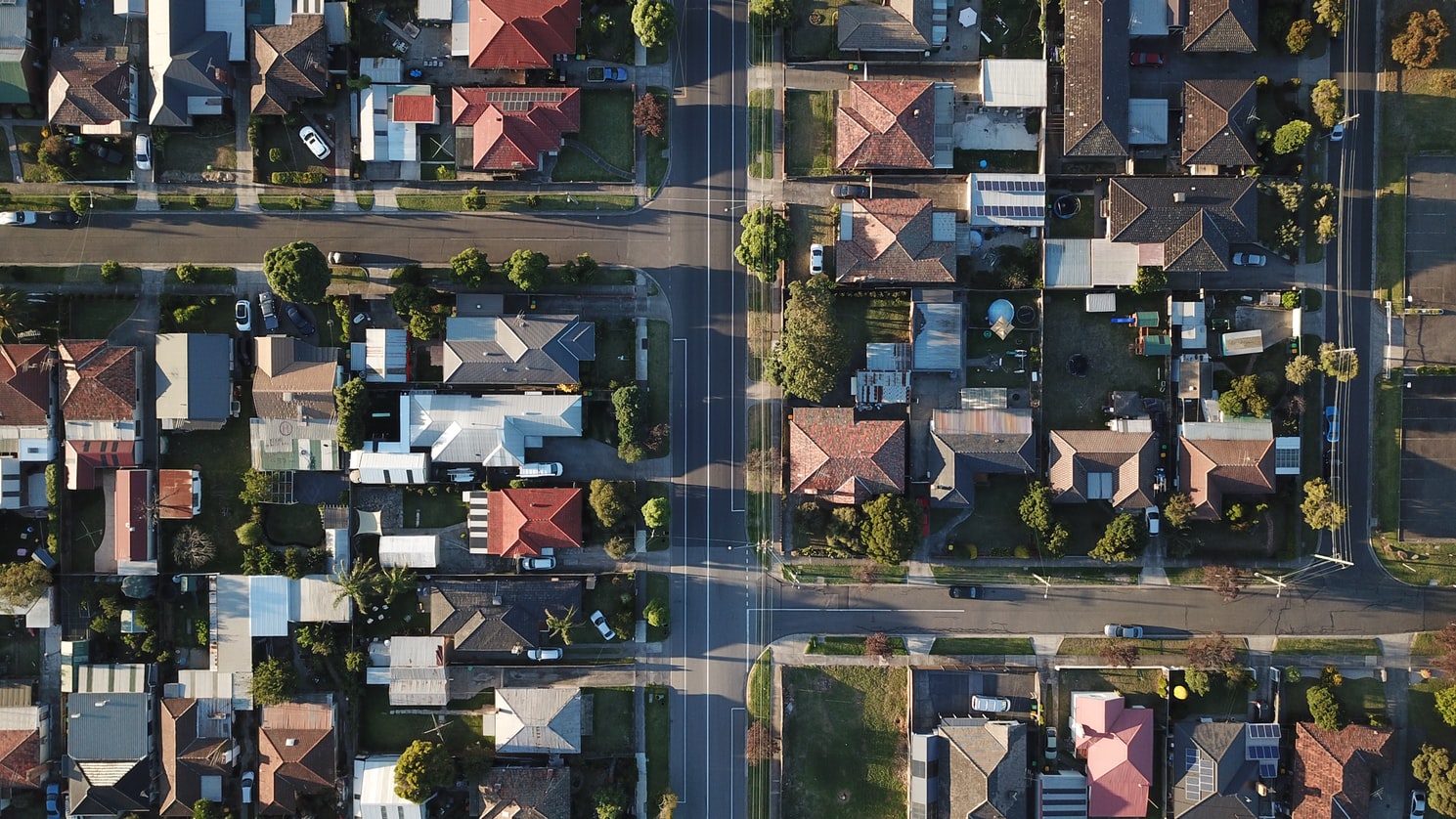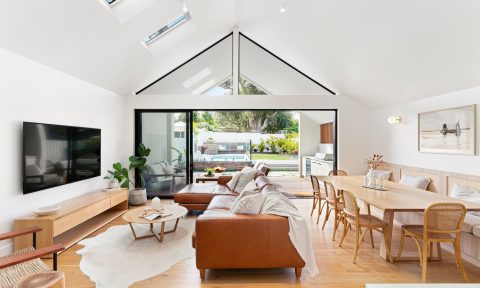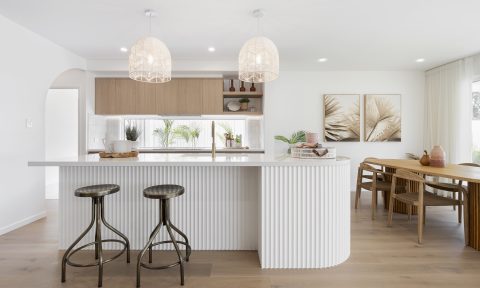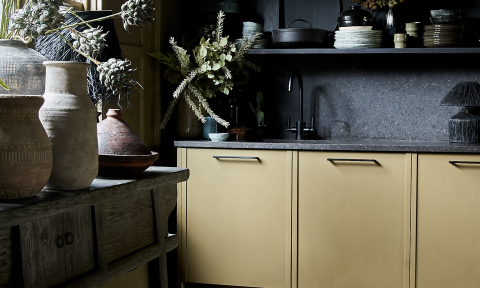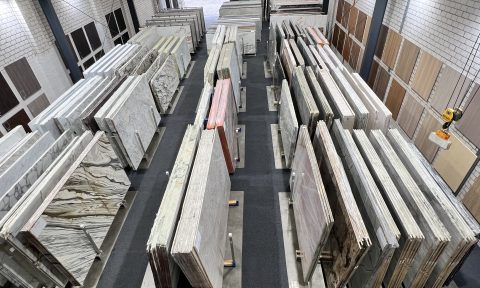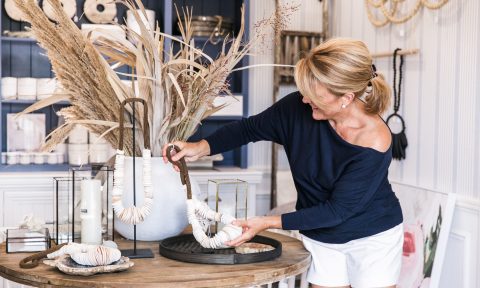By Michelle May
It’s easy to fall in love with a property and jump in without researching the suburb you will be calling home for the next five to 10 years. Trust me, there aren’t many feelings worse than unpacking in your dream home and then finding out your neighbourhood is a nightmare. Luckily, there’s plenty you can do to stop that from happening, and it all starts with playing detective.
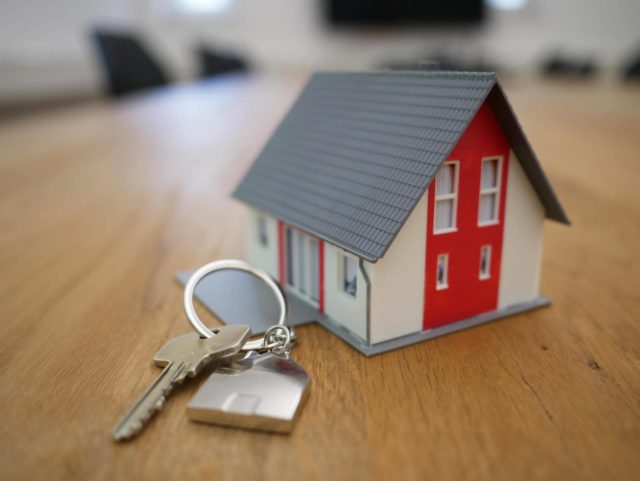
Do some digging before they start digging
It’s not a real estate agent’s job to provide you with information about any development that will affect your property. It’s ‘buyer beware’, and you have to do your own investigations into what’s going on around, underneath and above your potential new home.
There are many risks associated with major works (such as tunnels) that can cause cracks and devalue properties. Check out local zoning details, where maps and visuals of planned tunnel routes are available. Likewise, if you’re not aware of local zoning, you might find your property dwarfed by high density and industrial developments in the coming years.
Also, trawl through council websites for news of developments and Google the name of the suburb and the keyword ‘development’ to see what pops up.
Use social media as your guide
Before you become part of the community, it pays to become an active member of the digital community of your target area to see what the issues are. Local Facebook groups are a valuable source of intel. So, jump on and comment. ‘Hey, I’m thinking of buying a property in this street, what do I need to know?’ You won’t get a completely unbiased view of the suburb, but people are glad to help out and certainly are the experts.
Follow council and local police social media pages to see what’s going on and hit Google hard with all the keywords that you can think of attached to your suburb’s name: Noise, crime, robbery, flight path, building works, etc.
Don’t ignore traditional media, either. Local newspapers are packed full of the good, the bad and the ugly things in the region.
Hit the streets
No matter how much research you do, there’s no substitute for spending time in the suburb to get a feel if it’s right for you. If you’re going to commit to a property for 10 years, you should be prepared to spend at least 10 hours immersing yourself in the area. I give my clients homework every week as they close in on a property.
For example:
- Go to cafés and parks and see what kind of people are there and what the vibe is like. Do you feel comfortable?
- Sit back in your car, open your windows and watch the world go by. Is it noisy or right under a flight path? Are there dodgy people around?
- Stick your head over the neighbour’s fence. You can tell a lot about people from the state of their garden.
Get educated
For those with children, the quality of the schools is going to have a significant impact on their lives. Catchment areas and NAPLAN results only tell a tiny part of the story, so visit the school and talk to the parents and principal. Just because people rave about a school, it doesn’t mean that it will suit your child and your family’s philosophy.
There are a million and one things to consider when selecting a new suburb, and I hope you find this guide useful as a starting point. As always, please get in touch if we can help with your search.
Michelle May is the founder of Michelle May Buyers Agents.
